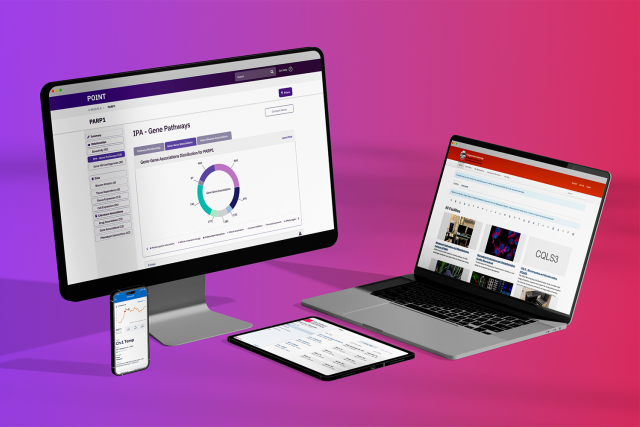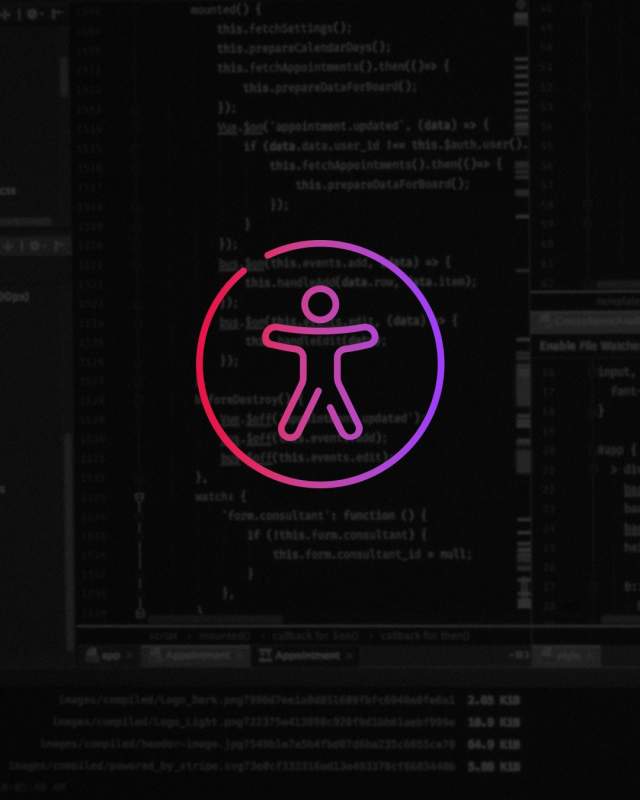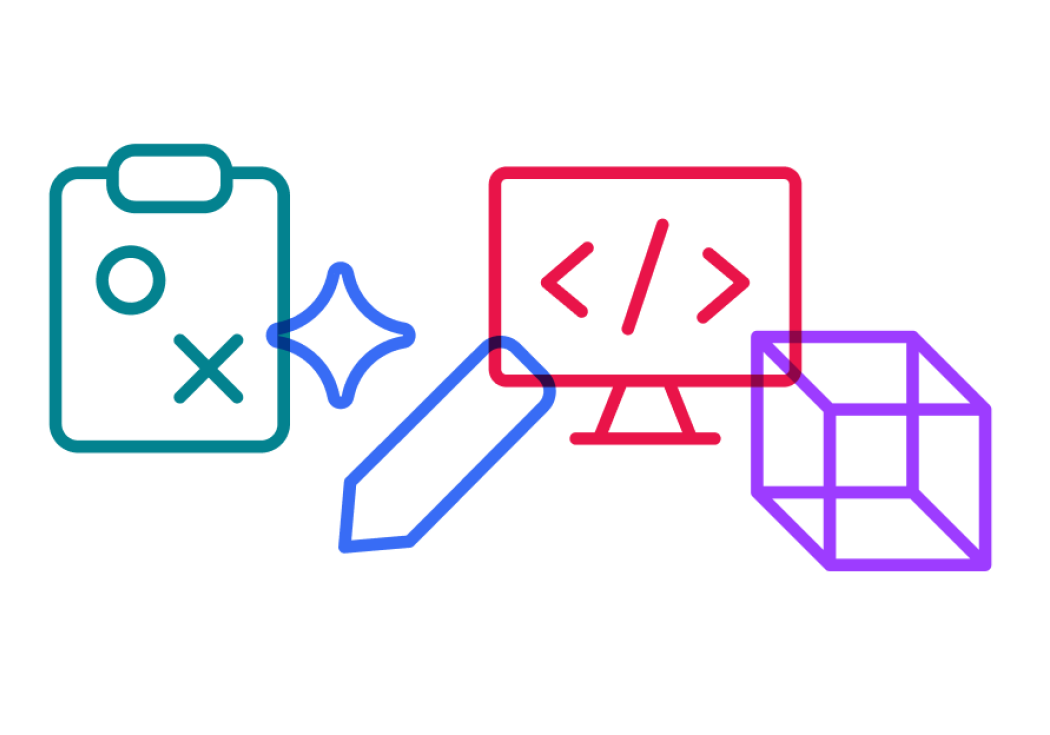Our trusted process will get you from point A to B.
TXI is your strategic partner helping you build conviction, drive change, and achieve outcomes.
Empower your organization with data products that turn your unstructured data into an insights engine.

Imagine utilizing integrated data to streamline operations, enhance customer experiences, and drive innovation. Our data products are tailored to meet the unique challenges leaders like you face.


Inception
Inception allows us to learn as much as we can about your team, your goals, and the nature of the work itself. This pre-discovery work helps us identify risk, the implications of existing resources and research, and the decision maker(s) for the work ahead.


Discover
Continuous discovery is the most direct way to de-risk a product—reducing ambiguity, refining the problem space, defining the opportunity, and ensuring we’re building the right thing people will love using.
- Uncover user needs and desires
- Identify the right challenges
- Stakeholder facilitation and alignment
- Align objectives and technologies with market
Define
Moving from discovery’s preliminary insights and generative research, definition and critical decision-making requires astute product strategy and foresight.
- Explore a range of solutions
- Determine goals, resources and priorities
- Devise a comprehensive delivery management strategy
Build
It’s not enough to produce a deck full of actionable insights or a beautiful interactive prototype. You have to get your products live and in the hands of your end users to make a real impact.
- Develop a compelling product
- Focus on adoption and performance
- Iterative design, engineering, and testing
Measure
To us, measurement is simply another form of discovery post-launch. With your product live and in the hands of end-users, we’ll see how it's actually being experienced and adopted. And we’ll determine the value it's creating for people and your organization.
Analytics, user feedback, sales data, and other metrics give us what we need to ensure your product’s success.
- Explore a range of solutions
- Determine goals, resources and priorities
- Devise a comprehensive delivery management strategy
Building accessible products by default
Accessibility isn't a mere feature; it's a fundamental principle guiding every aspect of our software development process. Technology should be inclusive and empower everyone. TXI’s commitment to accessibility extends beyond compliance; it's about creating exceptional user experiences. By integrating accessibility into our DNA, we ensure that your product not only functions flawlessly but also resonates with a broader audience.
Why we’re different:
- Cross-functional accessibility working group fosters a culture of ongoing learning and continuous accessibility improvement
- CPACC-certified expert shares tools and best practices across teams
- Accessibility champions empower teams with clear guidance of accessibility initiatives and requirements

We interact with the world beyond our desks, starting with end users. Getting as close to their experiences and perspectives as possible — combating bias with empathy — to ensure we accurately identify and document their needs.
We break down our observations and restructure our findings to better understand the problem space. We visualize our shared understanding using maps and frameworks to align on insights and mental models.
We question our clients’ (and our own) beliefs and orthodoxies. We reframe problems and opportunities to challenge those assumptions.
We make our ideas tangible and shareable — concepting, sketching and wireframing what’s plausible, probable and possible.
We study actual users engaging with what we’ve sketched, prototyped or built. We ask for their feedback with every interaction and use that input and our observations to improve what we’re building.
Throughout the process, we pitch concepts and ideas, collect feedback, and align on preferred paths forward. We make sure everyone is on the same page throughout the whole engagement, building conviction for what to do next.

Find out how intelligent solutions can accelerate growth for your organization.


